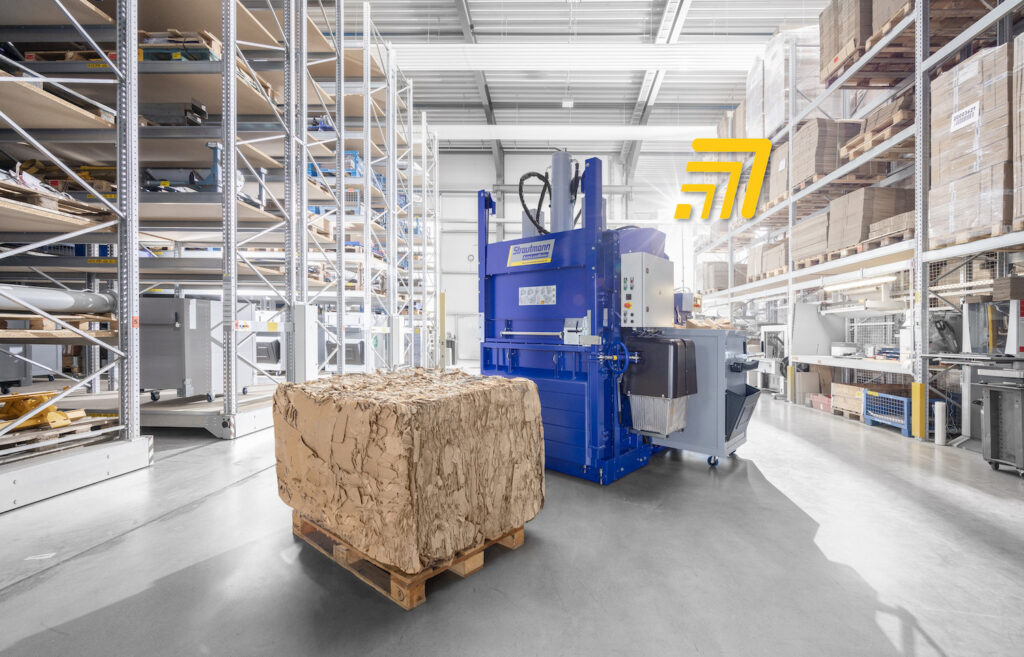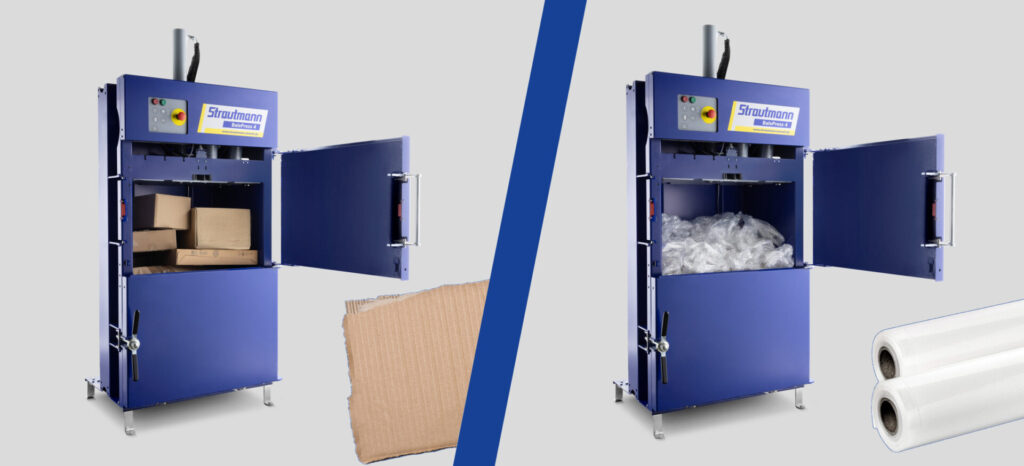Strautmann Umwelttechnik GmbH was founded by the Strautmann group in Melle/Lower Saxony, in 1994 and moved to Glandorf/Lower Saxony, in 2008.
Since then, Strautmann Umwelttechnik GmbH has been developing, manufacturing and distributing baling and briquetting presses for the volume reduction of recyclables such as cardboard packaging, film, PET bottles, expanded polystyrene (EPS) and residual waste.
The product portfolio ranges from single-chamber and multi-chamber baling presses to semi-automatic and fully automatic baling presses. In Germany, the Strautmann briquetting presses are the leader in the beverage industry. Besides the drum presses, the rubbish bin presses and the roll container presses for residual waste complete the Strautmann product portfolio.
A family business with 30 years of market experience!


























